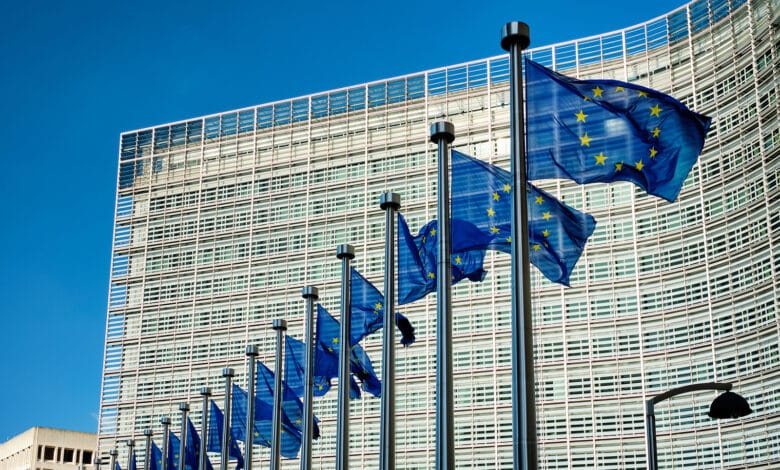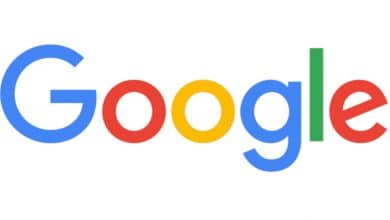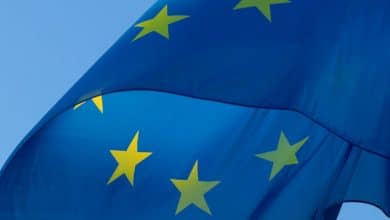
The EU countries have finally agreed on a common legal treatment of Internet corporations. The Digital Markets Act is intended to lay down requirements for companies such as Google and Facebook. Thanks to the compromise, the EU should have more leverage in the future, for example against violations of the GDPR.
Finally a common line
The demands were getting louder and louder from many sides. Now the EU states have finally agreed on a common approach when it comes to large IT groups. The purpose is to curb the market power of well-known US companies such as Facebook and Google. The new rules are laid down in the Digital Markets Act (DMA). Above all, they are intended to ensure fairness between large and small Internet companies. The position reached by the permanent representatives of the EU member states is to be confirmed on November 25.
The EU Parliament is to meet for the first time in 2021. If a common approach is also found by the MEPs, we can probably expect a finished regulation as early as next year. A few unknowns will probably still have to be clarified in the course of this. In particular, the handling of messengers such as WhatsApp will be the focus of further discussions. Also the so-called profiling, which runs under the heading of target group-oriented advertising, is possibly to become part of the DMA.
Many well-known services affected
In addition to Facebook and Google, other companies are also likely to feel the effects of the DMA rules. Indeed, not only social networks, operating systems and search engines are to be included. Voice assistants such as Amazon’s Alexa or Google Assistant will also fall under the Europe-wide regulation. In the event of a violation, the companies will also have to reckon with severe legal consequences, which are likely to affect them above all economically. It can be assumed that fines in the billions are possible. On closer inspection, this is not surprising. After all, EU regulations regularly set a maximum of 10 percent of annual sales for companies when it comes to sanctions. In view of the high profits of Facebook, Google & Co. it is likely to be expensive.




No replies yet
Neue Antworten laden...
Neues Mitglied
Beteilige dich an der Diskussion in der Basic Tutorials Community →